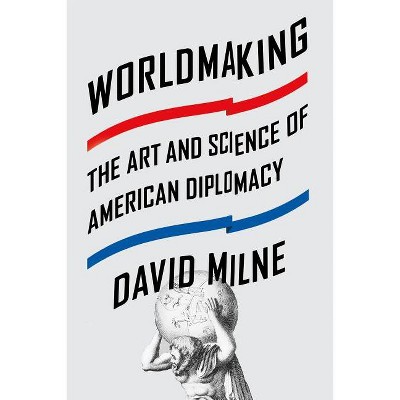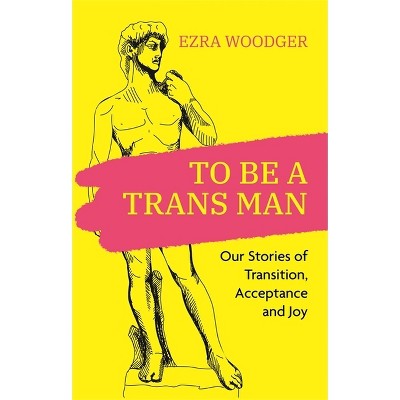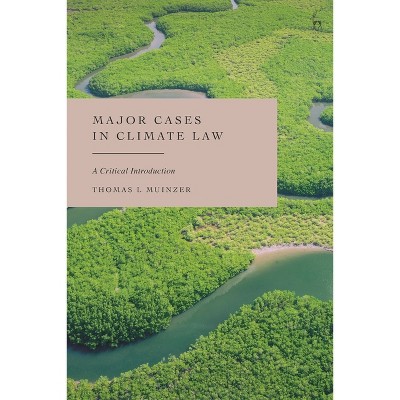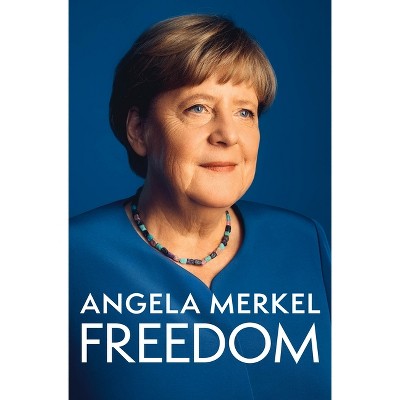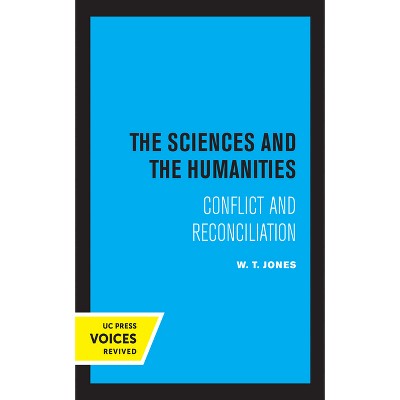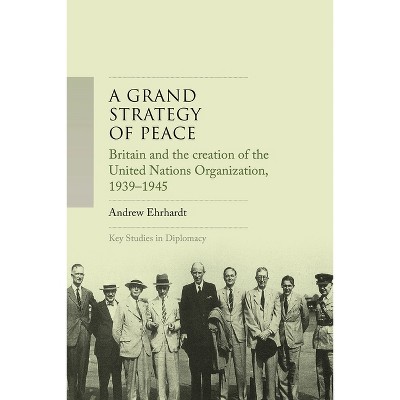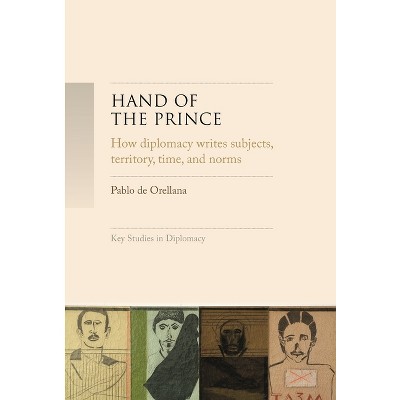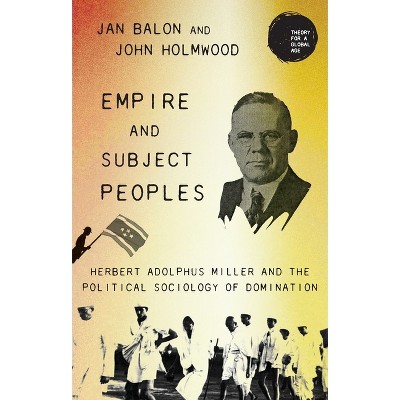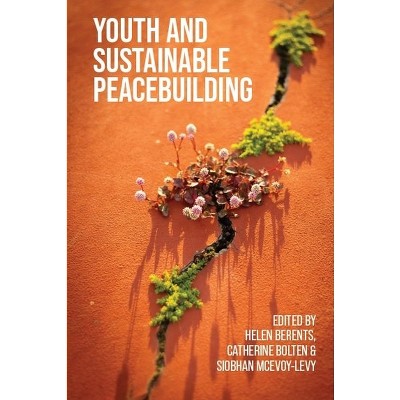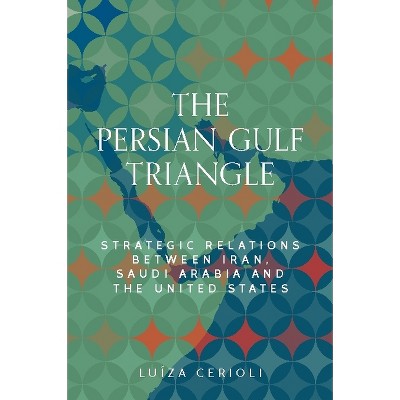Sponsored

Instruments of International Order - (Key Studies in Diplomacy) by Th W Bottelier & Jan Stöckmann (Hardcover)
In Stock
Sponsored
About this item
Highlights
- This book explores the transformation of international relations in the first half of the twentieth century as internationalist schemes for doing world politics came to be practices and principles shared by diplomatic actors across the globe - instruments of international order.
- About the Author: Thomas W. Bottelier is Marie Curie Fellow at Sciences Po ParisJan Stöckmann is Head of the Director's Office at the German Council on Foreign Relations
- 264 Pages
- Political Science, International Relations
- Series Name: Key Studies in Diplomacy
Description
About the Book
This book explores international relations in the twentieth century as internationalist schemes for doing world politics came to be practices and principles shared by diplomatic actors across the globe - instruments of international order.
Book Synopsis
This book explores the transformation of international relations in the first half of the twentieth century as internationalist schemes for doing world politics came to be practices and principles shared by diplomatic actors across the globe - instruments of international order.From the Back Cover
'This terrific book brings to bear on international history numerous insights from global history regarding sub-state actors, supranational organisations and transnational connections... A cohesive edited collection, whose preoccupation with "instruments of international order" helps us rethink how twentieth-century international relations was conceived and practiced.'
Martin Thomas, author of The End of Empires and a World Remade: A Global History of Decolonization
This book offers a new look at the transformation of international politics in the first half of the twentieth century. This period saw the democratisation of foreign policy, ambitious attempts to build lasting peace and prosperity through international organisation, the rise of public diplomacy and education in international relations, and much else. Traditionally, this story is told as the transition from a conservative 'old' to an idealistic 'new' diplomacy. The chapters in this volume complicate this overly familiar tale by showing how these new international practices and principles came to be shared by traditional diplomats and internationalist newcomers alike, blending new and old forms of diplomacy.
The book explore these hybrid diplomatic repertoires as social constructions that could serve various political ends. Bringing together both historians and theorists of international relations, it draws on a range of new archival evidence and consider understudied actors and venues, from Ethiopian diplomats and European imperial proconsuls to drug prohibitionists and the League of Nations Assembly.
Instruments of international order is an essential contribution to the origins of modern diplomacy, the history of internationalism, and the study of international order.
Review Quotes
CHOICE Recommended
'This terrific book brings to bear on international history numerous insights from global history regarding sub-state actors, supranational organizations, and transnational connections. If League of Nations agencies feature prominently, so do the ideas that informed them - of self-determination, of sovereignty, of supranational oversight, and of societal difference. Other chapters consider cognate shifts in international order, their unifying concern being with issues of prohibition and prevention. The result is a cohesive edited collection, whose preoccupation with 'instruments of international order' helps us rethink how twentieth-century international relations was conceived and practiced.'Martin Thomas, author of The End of Empires and a World Remade: A Global History of Decolonization 'Bringing together fresh voices from multiple disciplines, Instruments of International Order admirably integrates international history and international relations. Richly researched, theoretically informed, and thoughtfully ambitious, each of the volume's contributions offers a lively perspective on the early twentieth century, as practitioners developed and implemented new instruments in the hope of building a better world.'
Professor Christopher Capozzola, Massachusetts Institute of Technology
' The book aims to link the traditional study of diplomatic history and power politics to the new history of internationalism, showing how the concept of instruments influenced the current international order. The authors believe that devising new diplomatic tools could help scholars better understand international affairs. The book shows that diplomacy was a useful tool in constructing world order, pushing for change in many different directions and in the service of many different political ideals, often beyond the control of the sovereign states. Additionally, the authors reveal how instruments were formed by drawing on a growing body of international law and academic scholarship. Understanding these instruments can shed light on the constituent elements of international affairs and how they continue to shape the political world.'
K. M. Zaarour, North Carolina State University
About the Author
Thomas W. Bottelier is Marie Curie Fellow at Sciences Po Paris
Jan Stöckmann is Head of the Director's Office at the German Council on Foreign Relations
